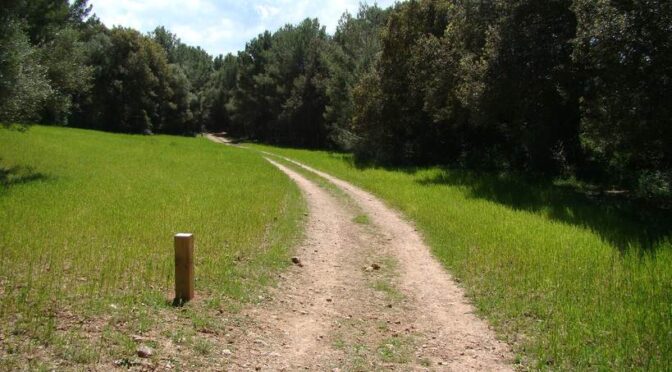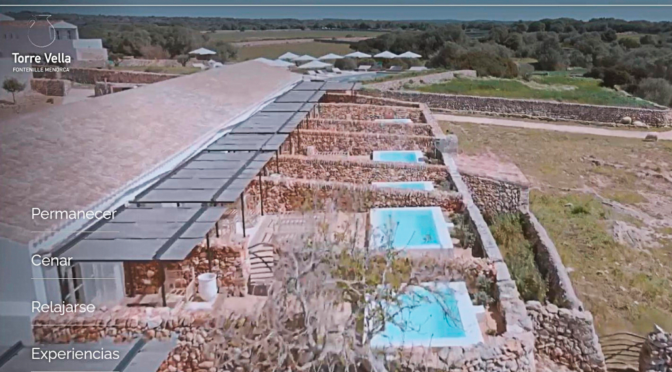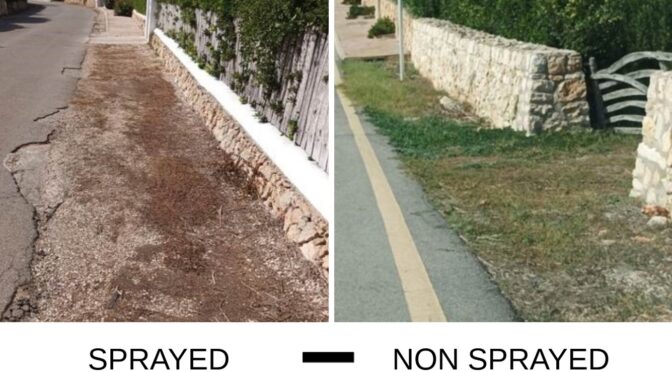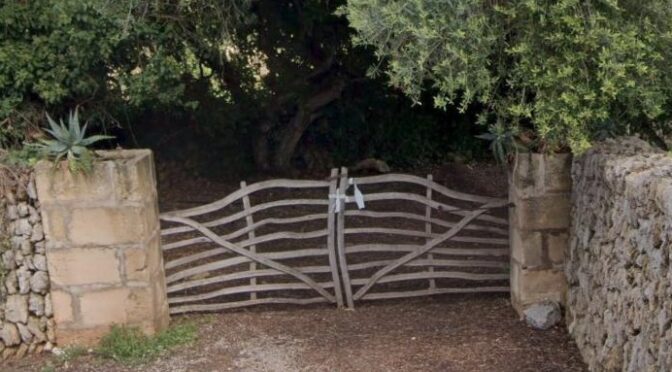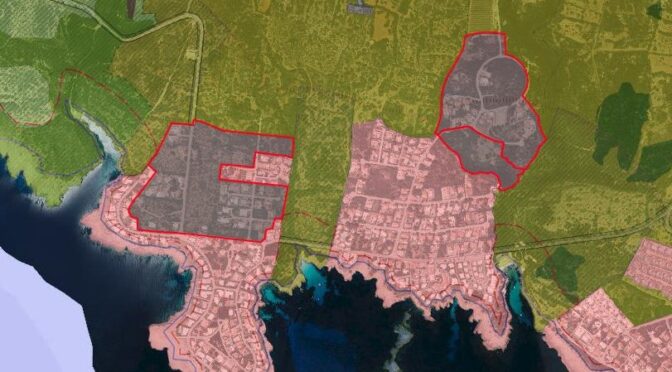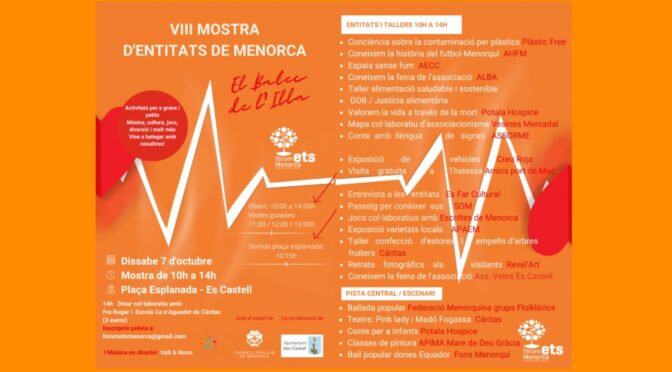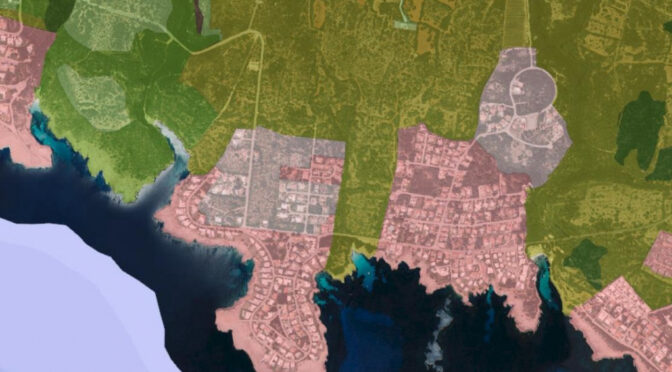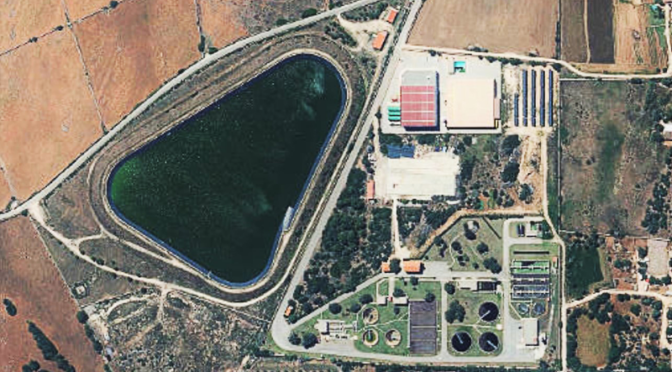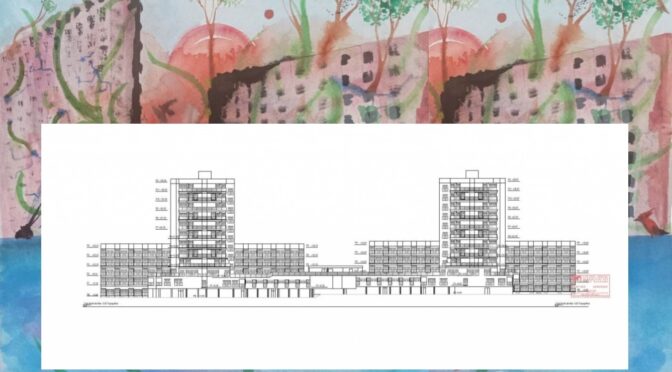Views: 1182
The case of the illegal swimming pools of the agro tourism hotel Torre Vella continues to generate controversy and headlines. This is because the file has become stuck without any resolutions. The case is better understood when the chronology of events is known.
On the 17 October 2019, GOB informed the Consortium for Urban Discipline of some alleged irregularities in works carried out at the agro tourism hotel. In March 2021, the Consortium announced the opening of a file of disciplinary proceedings for actions not included in the licence, such as the construction of seven swimming pools, huts, pergolas and concrete pavements on paths and terraces.
As a result of learning about the matter, the Commission for the Environment, that had approved the environmental authorization to the agro tourism hotel with a series of conditions, also ordered an inspection by the Environmental Agencies. In addition to the things detected by the Council Inspectors, they found two landfills of rubbish of more than 2,000 square meters, the opening of expressly denied roads and the paving of others.
The case, then, has two types of breaches. Some urban and others environmental.
The proposed fine made by the Consortium (for the urban part) is 486,844 euros for each one of the three main managers, that is to say, the developer, the builder and the director of architecture of the works.
Any file like this has the possibility of asking the relevant town council if the works not covered by the licence can be legalized. If so, then the fine is reduced by 90%.
Non-compliance with environmental authorization cannot be legalized. The work must be reversed and adapted to the conditions put by the Commission. The body responsible for processing disciplinary proceedings is the Island Governing Council.
This raises one of the main problems of the case. The developers did not want to reverse the illegal swimming pools into rain water and waste water tanks, as they were meant to be originally, but tried to legalise the new pools. Legalising an environmental violation is not possible.
When that intention was known, GOB asked the Alaior Town Council if they could look at the files and understand what logic could be applied for legalising swimming pools made from water saving tanks. The answer from the Town Council was to deny access to the files stating that they were “being processed”.
To combat the dangerous dynamic of leaving cases of urban violations in the dark, GOB is searching for ways to obtain transparency. Looking for a way that is more rapid than contentious litigation, the criminal route was taken, on the understanding that not allowing access to environmental information nor who has generated the opening of a file could be considered prevarication.
The Chamber’s response was that it understood that this was to be treated as a legal dispute that was not for them to resolve. They added that there was no evidence of activity “grossly contrary to the law”. They aimed, therefore, to use the route of administrative legislation.
It was then decided to wait for some months in case the legalization file was progressing and to return to request consultation of the file with the Town Hall. The response was again one of denial, again alleging that there was onlydocumentation presented by the developers and some reports from other administrations.
Before opening the legal route (both expensive and slow) it was decided to check if the Council of Transparency and Good Governance an administrative organ, not judicial, wanted to intercede in this matter. But that route has not worked either. The Council of Transparency says that the Alaior Town Hall has told them that within the file in question, it claims, “the simple request of the interested party is intended for obtaining the corresponding licences”. It is hard to understand why the developers have not incorporated technical nor legal reasons for their legalisation petition, but this is what is claimed.
It also says that the Town Hall assures that there are two new documents, prepared by non-municipal bodies (the Consortium and the Island Governing Council) and that they have sent GOB’s consultation request to these two organisations so that they can show, in any case, the reports that they have issued. With this response, the Island Governing Council takes it as acceptable.
GOB has directed various briefs to the Island Governing Council to be able to see how the disciplinary proceedings resulting from the environmental breaches are evolving, without having had any response yet.
This battle for transparency is not going to be abandoned and a legal team is analysing the case in order to decide what steps should be taken before each implicated institution.
All this, without taking the focus from the important part, is that two and a half years ago, disciplinary proceedings were opened, that the Alaior Town Hall has not decided if it is possible to legalise swimming pools. In the meantime illegal pools continue to be part of the usual activity of the agro tourism hotel, as it says in their advertisments.

